115 results in Cambridge Handbooks in Psychology

The Cambridge Handbook of Stigma and Mental Health
-
- Published online:
- 28 July 2022
- Print publication:
- 11 August 2022
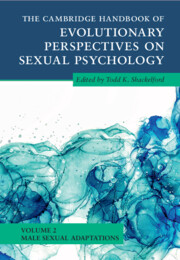
The Cambridge Handbook of Evolutionary Perspectives on Sexual Psychology
-
- Published online:
- 30 June 2022
- Print publication:
- 21 July 2022
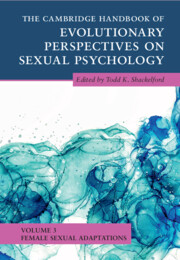
The Cambridge Handbook of Evolutionary Perspectives on Sexual Psychology
-
- Published online:
- 30 June 2022
- Print publication:
- 21 July 2022
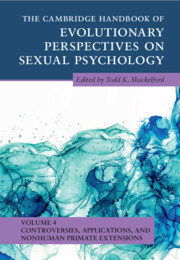
The Cambridge Handbook of Evolutionary Perspectives on Sexual Psychology
-
- Published online:
- 30 June 2022
- Print publication:
- 21 July 2022
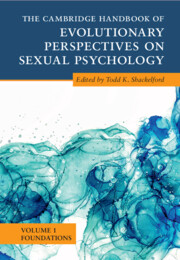
The Cambridge Handbook of Evolutionary Perspectives on Sexual Psychology
-
- Published online:
- 30 June 2022
- Print publication:
- 21 July 2022
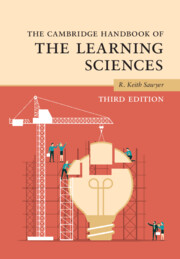
The Cambridge Handbook of the Learning Sciences
-
- Published online:
- 14 March 2022
- Print publication:
- 07 April 2022
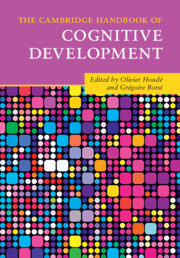
The Cambridge Handbook of Cognitive Development
-
- Published online:
- 24 February 2022
- Print publication:
- 03 March 2022
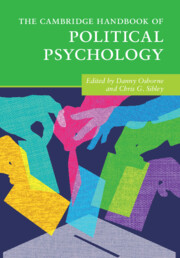
The Cambridge Handbook of Political Psychology
-
- Published online:
- 17 February 2022
- Print publication:
- 24 February 2022
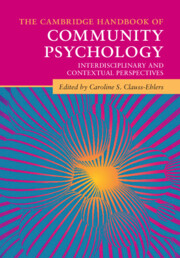
The Cambridge Handbook of Community Psychology
- Interdisciplinary and Contextual Perspectives
-
- Published online:
- 16 December 2021
- Print publication:
- 16 December 2021

The Cambridge Handbook of Forensic Psychology
-
- Published online:
- 02 December 2021
- Print publication:
- 09 December 2021
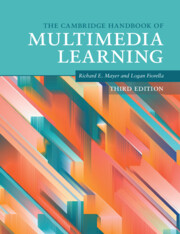
The Cambridge Handbook of Multimedia Learning
-
- Published online:
- 19 November 2021
- Print publication:
- 09 December 2021
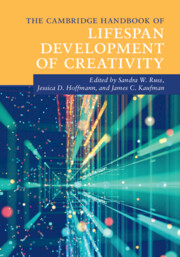
The Cambridge Handbook of Lifespan Development of Creativity
-
- Published online:
- 19 November 2021
- Print publication:
- 25 November 2021
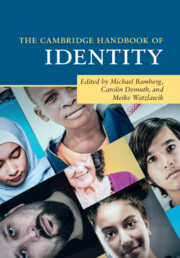
The Cambridge Handbook of Identity
-
- Published online:
- 29 October 2021
- Print publication:
- 11 November 2021
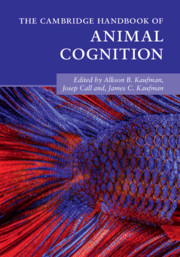
The Cambridge Handbook of Animal Cognition
-
- Published online:
- 01 July 2021
- Print publication:
- 22 July 2021
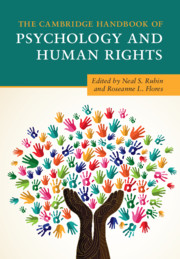
The Cambridge Handbook of Psychology and Human Rights
-
- Published online:
- 02 October 2020
- Print publication:
- 15 October 2020
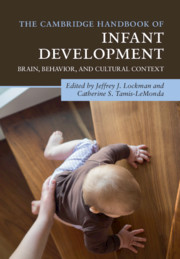
The Cambridge Handbook of Infant Development
- Brain, Behavior, and Cultural Context
-
- Published online:
- 26 September 2020
- Print publication:
- 13 August 2020
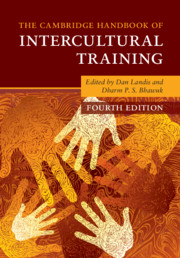
The Cambridge Handbook of Intercultural Training
-
- Published online:
- 18 September 2020
- Print publication:
- 27 August 2020
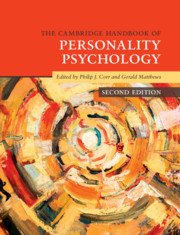
The Cambridge Handbook of Personality Psychology
-
- Published online:
- 18 September 2020
- Print publication:
- 03 September 2020
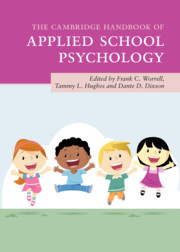
The Cambridge Handbook of Applied School Psychology
-
- Published online:
- 18 September 2020
- Print publication:
- 17 September 2020
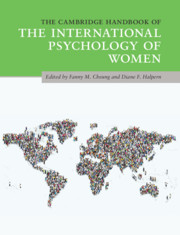
The Cambridge Handbook of the International Psychology of Women
-
- Published online:
- 20 July 2020
- Print publication:
- 06 August 2020

